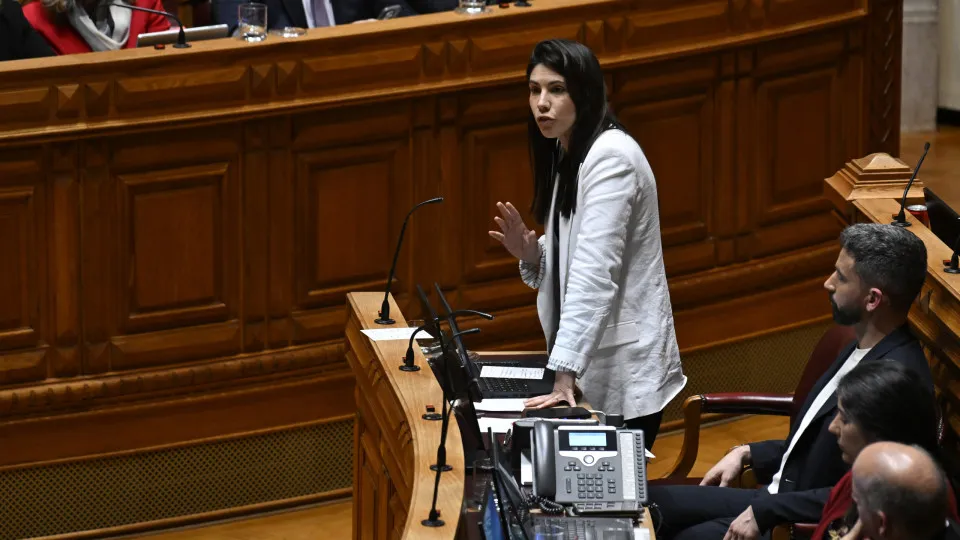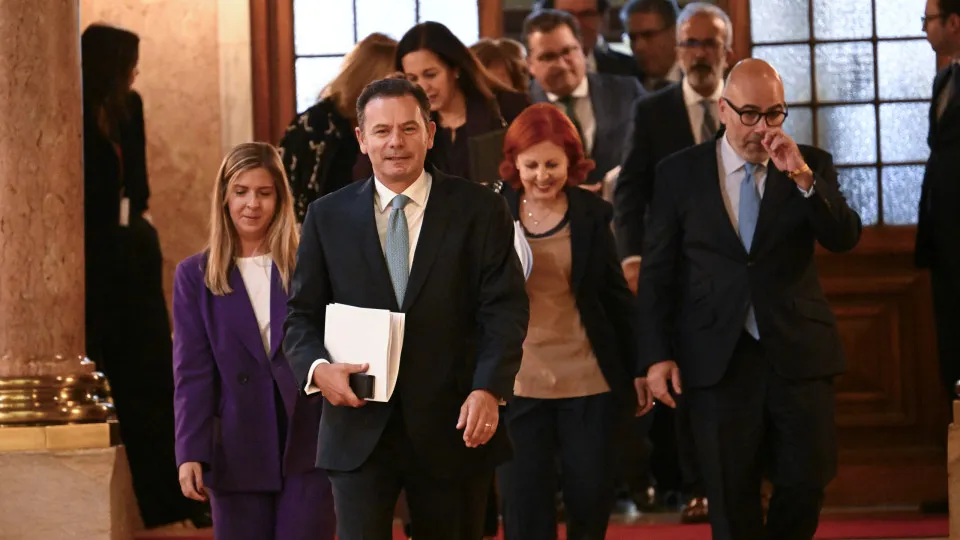
During a debate on the general proposal for the State Budget for 2026, the sole deputy of the BE, Mariana Mortágua, accused the PSD/CDS-PP Government of compensating for the loss in tax revenue from reduced taxes on “profits of banks, Galp, and EDP” by increasing VAT.
Mortágua, who stated she would vote against the proposal in general, expressed regret that the government intends to eliminate the Additional Solidarity Tax on banks, despite acknowledging that the measure was deemed unconstitutional.
“The Prime Minister might argue that the additional tax on banks was unconstitutional and has to be returned. Prime Minister, the foreign citizens’ law was also unconstitutional, and the government swiftly resolved that issue. Ask Minister Leitão Amaro to create a tax on banks and quickly address it in the Assembly of the Republic to avoid a giveaway to banks,” she quipped.
Mortágua argued that “reducing taxes on the profits of major corporations and banks structurally while claiming an inability to structurally increase pensions, which remain exceedingly low in Portugal, is unacceptable.”
“If there isn’t money to structurally increase pensions, then don’t structurally decrease taxes on banks; this is a good way to address the issue,” the BE representative remarked.
In response, the Prime Minister accused Mariana Mortágua of “blatant demagoguery” and a “manichean vision,” denying that VAT is directly transferred to companies.
Regarding the Additional Solidarity Tax on banks, Montenegro highlighted that 40 million euros were at stake, an amount insufficient for a permanent increase in pensions.
“We are here to raise the lowest pensions. As long as the country continues to grow economically, driven by our current measures, we will return to the goal of permanently increasing the lowest pensions. But we are not here to derail our progress halfway,” he warned.
Montenegro further noted that on this subject, the government “takes no lessons from anyone,” emphasizing its track record of three increases in the Solidarity Supplement for the Elderly and full medication support “for those with the lowest pensions.”




